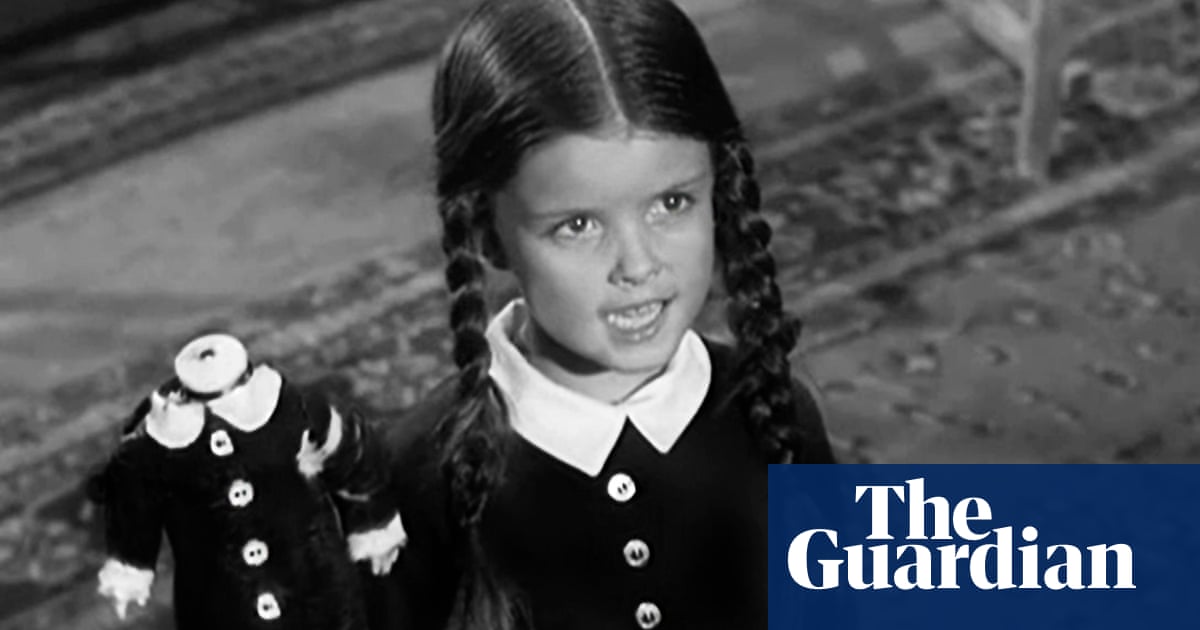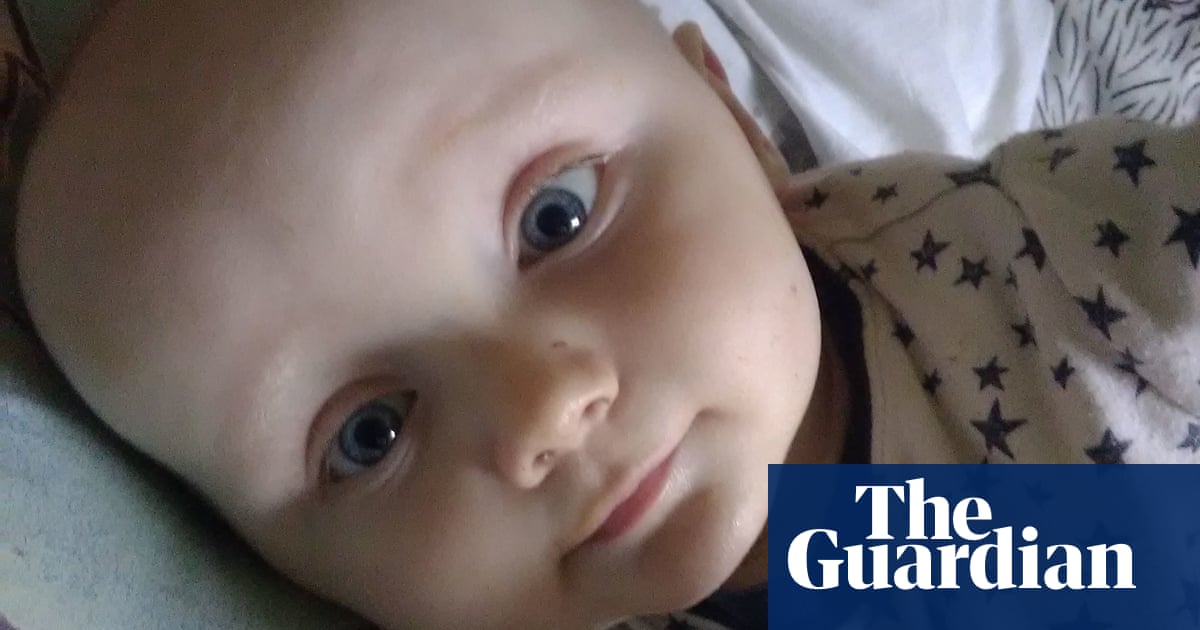
In 1982, Diana Ross was interviewed by Smash Hits magazine. Her presence in among the breathless coverage of Duran Duran and Haircut 100 was testament to her continued commercial success two decades on from the Supremes’ first hit. She talked a little about that band’s 60s heyday, but, as befitting an artist who had just enjoyed two platinum albums stuffed with Top 10 singles, insisted that the 80s were the real “golden age. There’s so much opportunity.”
But not, as it turned out, for Diana Ross, whose recording career stalled shortly afterwards. She had her last US Top 10 hit, a tribute to the recently murdered Marvin Gaye called Missing You, 37 years ago. Britain remained under her sway a little longer – Chain Reaction, a flop in the US, rightly reached No 1 in 1986 – but even so, it was all over bar the shouting by the early 90s.
The ensuing years have been marked by the sense that Diana Ross doesn’t really know what to do to rectify the situation, or perhaps isn’t that bothered either way. A disastrous attempt to reunite the Supremes in 2000 aside, her tours still rake it in. In the studio, a nadir was reached with 2006’s I Love You, a covers album Ross audibly approached with all the enthusiasm of a hostage reading out their kidnapper’s demands. You could see why. The album appeared to have been masterminded by someone with a longstanding grudge against her: how else to explain the cruise-ship cabaret takes on The Look of Love and Take My Breath Away that lay within, not to mention the big band take on Queen’s Crazy Little Thing Called Love, complete with widdly-woo guitar solo by Brian May?
The weird thing is that what to do with Diana Ross in 2021 doesn’t seem to be the most taxing of problems. Disco is enjoying one of its periodic moments in the sun, and Ross made a succession of fantastic albums during the disco era – not just 1980’s justly celebrated Diana, but the previous year’s superb The Boss (helmed by Ashford and Simpson) and 1978’s Ross – and there are dozens of producers and remixers who could be called upon to provide a supremely classy 21st-century reboot of their styles, ballads and all. Instead, Jack Antonoff is in charge, perhaps as a result of the recent US law that no female pop artist is allowed in the studio unless the former guitarist of Fun has already been safely installed behind the mixing desk. He is assisted in his endeavours by a team of big-name songwriters including Sam Smith collaborator Jimmy Napes and Amy Wadge, best-known for her work with Suffolk’s premiere dancefloor boogieman, Ed Sheeran.
You can’t argue with the hitmaking pedigree on display, and initially it seems as if they might get away with it: the opening title track marries a piano line designed to provoke Motown memories – specifically of Marvin Gaye and Tammi Terrell’s You’re All I Need to Get By – with a killer chorus. But the uneasy feeling that they’re not really sure what to do sets in immediately with the arrival of If the World Just Danced, a frightful bit of anaemic pop-house that’s frankly so beneath Diana Ross, you suspect she had to wear a diving helmet while recording it. You listen to it first gripped by horror – not least because it’s hard to avoid the feeling it was put together specifically with Ross’s gay fans in mind, thus elevating it from the level of rubbish to that of insulting rubbish – and then panic. If this is their notion of a good idea, what else awaits? It didn’t look like Brian May’s name was in the special guest credits, but perhaps it’s best to double check.
He isn’t, and in fairness, Thank You never quite plumbs those depths again, although there are a few moments that run close: the point, three minutes into In Your Heart, when Diana Ross’s voice gets the one thing it’s always cried out for, a burst of enemies-of-the-Daleks-must-be-exterminated Auto-Tune; a breakneck-paced, weirdly unfunky bit of horn-heavy house called Tomorrow; the closing Come Together, which sounds like the syrupy finale from a musical. For the most part, it deals in the Diana Ross of Endless Love rather than that of Love Hangover. That it majors in ballads isn’t necessarily a problem, although the fact that the ballads arrive in varying degrees of runniness is. Put it this way, there are moments where you don’t need to check the songwriters’ CVs to know they’ve worked with Westlife. The best of them is probably Beautiful Love: melodically strong, tastefully orchestrated, but nothing fit to steal Touch Me in the Morning’s place in her setlists.
Infuriatingly, you get a couple of fleeting glimpses of a different Diana Ross album: tougher, funkier, less schmaltzy. I Still Believe offers Latin-flavoured disco: not amazing, but a marked improvement on most of what’s on offer here. Let’s Do It, however, is Thank You’s one unequivocal triumph: flurries of strings; a rhythm track that sounds as if it’s influenced by UK garage, of all things; an anticipatory, twilight atmosphere. It feels like proof that Diana Ross could still make a great album if she wanted to, if she was steered more carefully, or partnered more sympathetically. But she hasn’t been, and this is the result: Thank You, but no thank you.
This week Alexis listened to
Museum of Love – Army of Children
LCD Soundsystem alumni turn out a genuinely weird track that drifts along, beatific but with a distinctly unsettling undertow.












